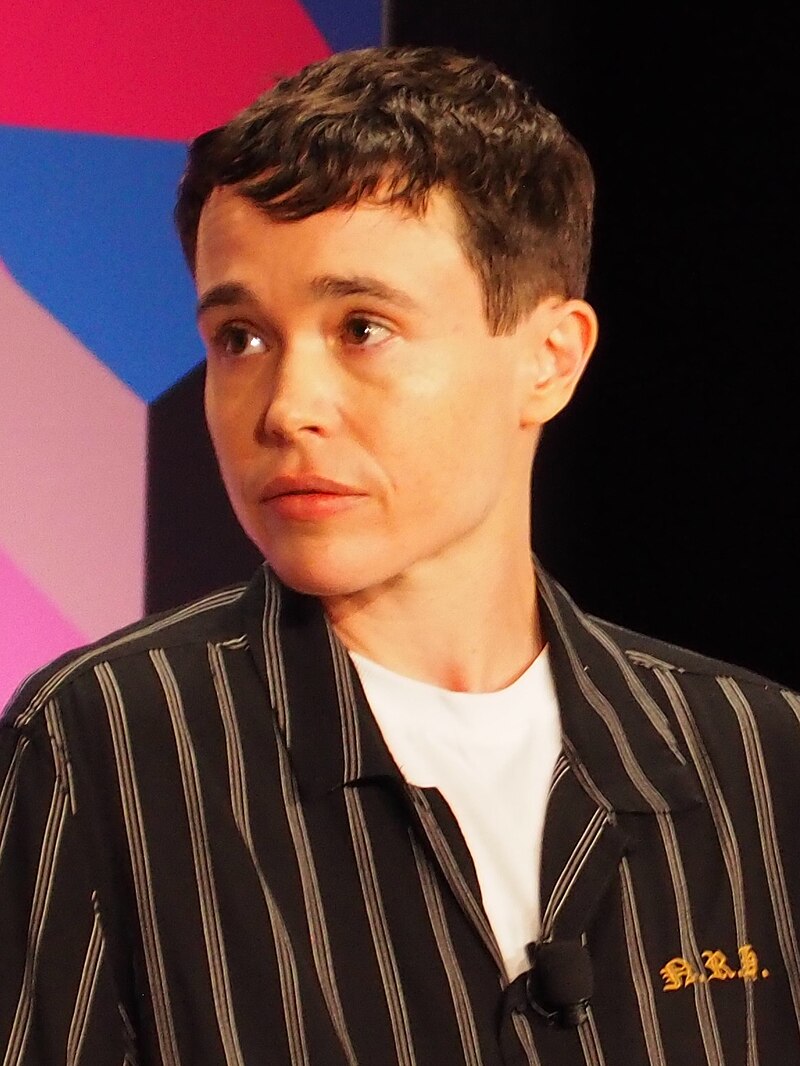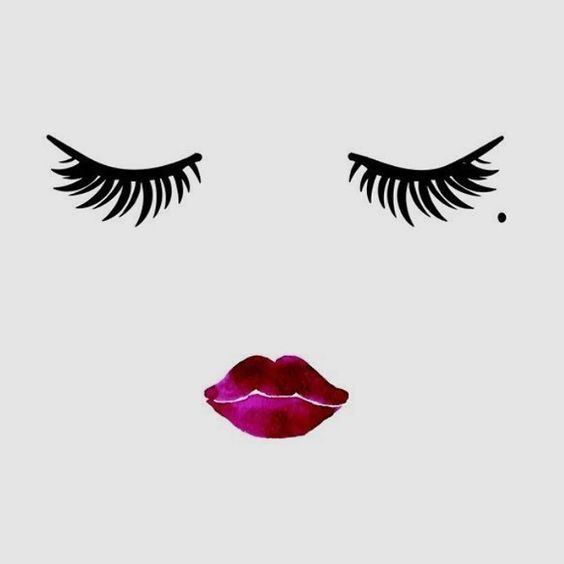We find ourselves in strange times—at the crossroads of what we’ve been doing and where we have the opportunity to go. It’s unfortunate that a virus with consequences reaching beyond what any of us would have imagined just a few weeks ago was the catalyst for this shift, but such is life. This is where we find ourselves.

We don’t always do what’s good for us and we certainly don’t always make the right decisions. Our lives are colorful passages of pleasure and pain, growth and frustration thrown into a blender without a lid. We are dynamic, we splatter up the walls, we clean ourselves up and then repeat the process over and over again. We are forever students of this scrambling of thoughts and emotions, doing our best in spite of perfection lurking perpetually out of reach.
You might be wondering what the hell all this has to do with the spread of coronavirus, but I’m getting to that part. I promise. First of all, I encourage you to consider the divinity in all of this. Not only divinity, but beauty. What’s happening with the seemingly catastrophic domino-effect of COVID-19 is so much bigger than any one of us individually. It’s about so much more than hand-washing and panic-buying. It is a facilitator of a paradigm shift and I’m enjoying watching the unfolding of it all in a bizarre kind of way.
Let me be clear: I have not yet become intimately acquainted with coronavirus. I say “yet” because I do believe it’s a real possibility that it’s only a matter of time until that happens (especially considering that I work in a medical environment), but it’s important that I make that part known. I’m able to speak with a wider perspective than someone at the bedside of a loved one fighting for his or her life. That has pros and cons. I offer my empathy, but I can’t say that I truly understand what that must feel like and I hope I won’t have to.
At the time of writing this, Trump has just issued his travel ban from Europe, the death toll in Italy has just passed 1,000 individuals, my university has moved all classes online for the forseeable future, my boss has told us to work from home as much as we can, a bunch of space has opened up in my diary due to the canceling of various events I had scheduled, my roommate is worried about being able to fly back into town in a few days. The grocery stores alone seem fine. I have no idea how all of these things will look, even in as little as 12 hours from now, as everything is changing so quickly. I’m simply trying to hold on as I’m being dragged along for the ride.
If you’re feeling scared, hopeless or panicking that this is the beginning of the end, I want to give you some statistics. Some of these might strike you as familiar. COVID-19 is a zoonotic virus that was first seen in an outbreak in Wuhan, China in late 2019. Since then it has spread globally, with latest figures from the WHO at over 125,000 cases and over 4,600 deaths, classified as a controllable pandemic.
Coronavirus spreads by close person-to-person contact via respiratory droplets exchanged during coughing and sneezing. There is also thought to be infection occurring through contaminated surfaces due to poor hygiene, but predominantly, it’s human-human contact.
A couple days to a couple weeks after contact with the virus, a person may develop symptoms such as coughing, fever and shortness of breath. Similarly, an infected host may show no symptoms. The latter is what concerns health officials the most. Healthy individuals may be unknowingly transmitting the virus to the elderly and immunocompromised, putting predisposed individuals at greater risk. At the moment, the mortality rate is believed to be somewhere between 1-4% of infected individuals. It’s difficult to grasp an exact figure, because if the number of asymptomatic carriers is greater than current estimates, this may become more like seasonal flu, which sits at about 0.1%.
Now, there are several ways this virus can play out over the coming months. Scenario 1: it continues until we have a vaccine. Scenario 2: it becomes seasonal, much like the flu. Scenario 3: it burns out like SARS, effectively contained through quarantining and other strict measures. Scenario 4: it mutates and worsens.
The truth is that we simply don’t know how this one will play out. Obviously, we’re all hoping for an overnight miracle, but in the meantime, what we do matters. If you’re young and healthy, shaking your head at all the fear-mongering because it is highly likely that you’ll be fine if you become infected, I encourage you to lend a little compassion to those who aren’t so fortunate. Underlying conditions like hypertension and cardiovascular disease increase your risk for complications with coronavirus. Consider that about half the US population is obese and you realize that you probably know someone who might be worried for themselves. You, too, might be worried for them.
So you see, the control measures such as school closures, business closures, amping up the personal hygiene and such are fairly reasonable. Frustrating, perhaps, but let’s take a look at the opportunities we now have. It feels as though a massive pause button has been hit for some of us. Not all of us, because it’s certainly only the privileged that are able to stay home and not suffer the repercussions of lost wages, but for some of us.
We’re all so damn busy, aren’t we? Forever complaining about how we don’t have enough time to cultivate that side hustle, spend enough time with our families, workout, cook, read, and write. The rat-race culture is so firmly embedded at the core of our society that to even pause and contemplate an alternative seems an ambitious pursuit. But it’s there.
I remember when I was 12 and living in Virginia, Hurricane Isabel stormed through and wreaked havoc across the state. There were trees down, power outages, panic-buying and no school for several days. We cooked food on the grill out back, played cards by candlelight and lazed around with neighbors once the storm had passed, helping out however possible with the damage that was done.
Many years later, I realize that I’m rather fond of that memory. Fortunately it was not a matter of crisis for us like hurricanes can be in many parts of the world. Instead, we were given a gift in the form of a giant pause button, provided by Mother Nature herself. The easy quarantining that many of us feel it is appropriate to do for those who are more vulnerable than ourselves are now afforded the same gift: that of time. Ever elusive and really the only thing that matters in the end (so I’ve been told), we have an opportunity now to temporarily step away from the rat race.
Fun stuff is being cancelled left, right and center, and public spaces will start to indeed feel more and more like the set of a pandemic horror movie in the coming days, but I feel there’s a societal reset germinating deep beneath the surface. If we play our cards right, my hope is that it will transform us.
When was the last time that you were bored? Plenty of evidence suggests that our most brilliant ideas stem from the roomy plains of boredom. The anxiety that comes from fearing a loss in personal or collective productivity is all too real for many of us, because we are so heavily valued based upon our output. And that’s a real shame. Consider Manoush Zomorodi’s Ted Talk on the topic and you might be convinced, as I am, that, actually, what we’re dealing with right now is a detrimental case of “busy work.” You know the kind: performed to occupy ourselves to pass the time, while so many critical and fulfilling endeavors go neglected. Could coronavirus put the brakes on busy work?

Dr. Nafeez Ahmed put it beautifully in a recent publication: “Getting through coronavirus will be an exercise not just in building societal resilience, but relearning the values of cooperation, compassion, generosity and kindness, and building systems which institutionalize these values.“
Never has “every man for himself” felt more vile to roll around the tongue. If we wish to evolve equipped and engaged, it’s time we drop what we think we know about how things “ought” to be, in order for something more beautiful to emerge. We’ve stepped into the in-between and it might be uncomfortable for a while, but it’s nothing we can’t handle. Remember that.
If you’re feeling anxious about it all, reach out to someone close and talk things through. Step away from the news, remember to move your body, eat your veggies and get plenty of rest. Cups of tea help too—I promise. Lastly, lend a thought to your local food bank next time you’re stocking up on supplies. There are several reports of shortages since this outbreak, so please give what you can and remember that we’re in this together.
Also by Kat: Why Indigenous Peoples Provide A Key To Mitigating Climate Crisis
Related: How To Achieve Success & Not Be Crushed By Busyness, According To Jennifer Rudolph Walsh
Get more like this—Sign up for our daily inspirational newsletter for exclusive content!
__




